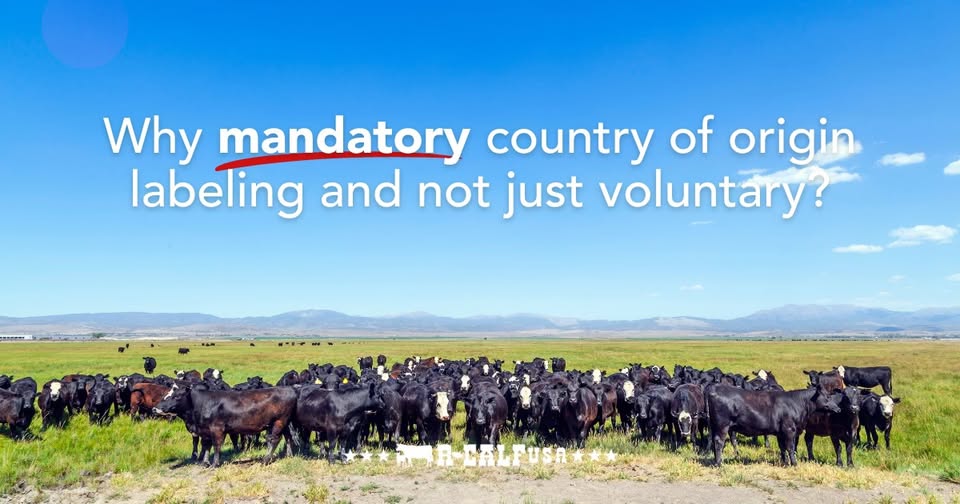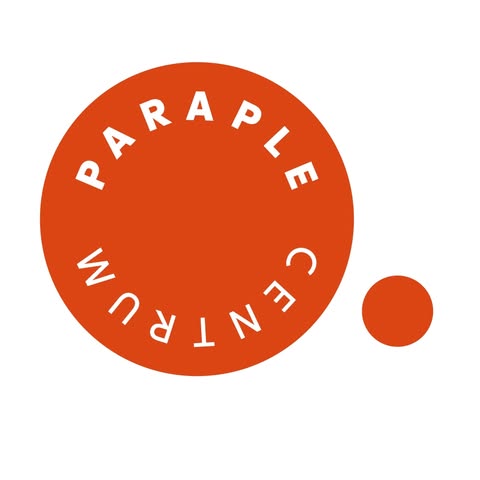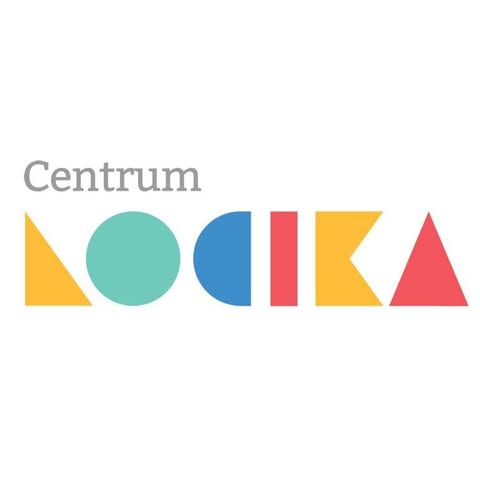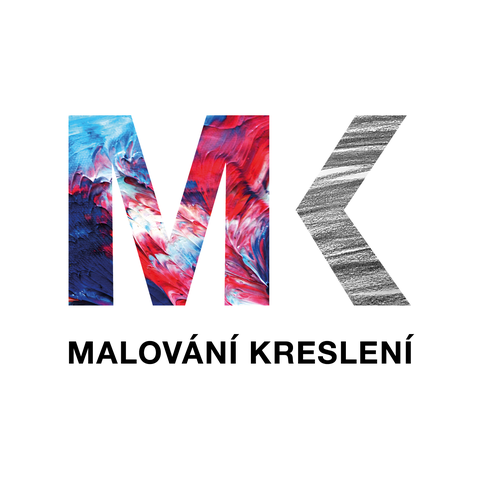
Fighting for the U.S. Independent Cattle Producer - R-CALF USA
450487585
Billings, MT 59107 USA
r-calfusa.com
RCALFUSA
RCALFUSA
2149638
Podobné organizace
United States Cattlemens Association |
|
United States Meat Export Federation Inc |
|
Kansas Cattlemens Association |
|
American Sheep Industry Association Inc |
|
RANCHERS CATTLEMEN ACTION LEGAL |
Podobné organizace global
NATIONAL SHEEP ASSOCIATION |
|
LIVESTOCK |
|
STOCKMEN'S MEMORIAL FOUNDATION |
|
MOTHER COW SANCTUARY LTD |
|
MEAT & LIVESTOCK AUSTRALIA LIMITED |
Podobná návštěvnost
Biskupství českobudějovické |
|
Českobratrská církev evangelická |
|
Český svaz kanoistů, z.s. |
|
Botič o.p.s. |
|
Centrum Paraple, o.p.s. |
Podobně sociální sítě (30582)
Lanzpodenco, z.s.33000 |
|
ŽIVÝ KRAJ - DESTINAČNÍ AGENTURA PRO KARLOVARSKÝ KRAJ, Z.S.31000 |
|
Centrum LOCIKA, z.ú.32065 |
|
Zámecký okrašlovací spolek, z.s.32017 |
|
Malování kreslení, z. s.31000 |
Novinky

Why not just voluntary COOL? Because it’s already been tried and it failed. Before 2002, USDA offered a voluntary meat labeling program. In three years, not one supplier participated. From 2002 to 2008, USDA implemented another voluntary program. Again, few if any, retailers chose to participate. In 2005, opponents tried to pass a bill to replace MCOOL with a voluntary version, and it failed. USDA admitted in 2009 that there was a “lack of widespread participation” in voluntary labeling programs. When labeling was optional, packers simply refused to do it. Why would they? When they can import cheap foreign beef, repackage it, slap on a “Product of USA” label, and sell it for American prices, all while consumers have no idea what they’re really buying. When mandatory COOL was fully implemented in 2013, American consumers got to see where their beef came from and American ranchers could compete on a level playing field in their own market. But in 2015, Congress repealed MCOOL for beef under pressure from the WTO and packer lobby groups like NCBA and USMEF. USDA then allowed packers to go back to voluntary labeling, letting them put a “Product of USA” label on imported beef that was only repackaged here. That deception continues today. USDA’s new “Product of USA” rule takes effect in 2026 and tightens the label, but it’s still voluntary, and it still doesn’t require imported beef to be labeled at all. Meanwhile, four multinational corporations control 80% of the beef industry. They profit by keeping consumers in the dark. They don’t want MCOOL because it exposes how much imported beef they’re selling as “U.S.” and the profits they’re making off both producers and consumers. Do we really think the same corporations that caused this are going to fix it voluntarily? It’s time to restore Mandatory Country of Origin Labeling through S.421 The American Beef Labeling Act and H.R.5818 The Country of Origin Labeling Enforcement Act. Call 202-224-3121 and tell Congress to #LabelOurBeef. (fb)
We’ve asked U.S. Commerce Secretary Howard Lutnick to review the domestic sheep industry and to adjust the debilitating imports that have broken our domestic market and that are destroying America’s critical food production infrastructure. And we know we’ve waited too long to do this. You see, if we were to cutoff the continuing flood of cheaper, imported lamb today, there would not be enough lamb meat in America to meet America’s appetite for this important protein. That’s because we’ve let global importers capture a full 70% of the American market. So, we need a phased-in approach to begin rebuilding our domestic sheep infrastructure without causing shortages for American consumers. And that’s what we’ve proposed. We provided Secretary Lutnick with a schedule for the gradual reduction in imported lamb over a 10-year period to incentivize investment and expansion in our domestic sheep industry while ensuring lamb remains on America’s menu. And we’ve asked the Secretary to increase tariffs on all lamb and sheep meat to $1.25 per pound. This proposed $1.25 per pound tariff represents an increase from zero tariffs that currently apply to the flood of cheaper imports coming from Australia. Between 2020 and 2022, Australia alone grew its sheep flock by an additional 6.7 million sheep, which represents a greater increase of their flock than all the sheep left in America, which is only slightly over 5 million head. The reason Australia is increasing its sheep flock is to further capture more of the U.S. lamb market away from our domestic producers. Click below to read the full commentary. (fb)

Poslední komentáře
🌿 It's inspiring to see an organization dedicated to supporting our independent ranching families! Together, we can ensure the prosperity of American cattle and sheep producers. Let's fight for their future! 🐄❤️detail |
|
🚜 Proud to stand with R-CALF USA in preserving the heart of American agriculture! Your voice matters, and together we can make a difference for ranchers across the nation. Join the movement! 🌟detail |
Poslední diskuze
1. What strategies can RCALF USA implement to effectively advocate for policy changes that benefit independent ranchers in the face of increasing consolidation in the agricultural sector?Odpovědí: 3, Naposledy před 1 den detail |
|
2. How can we engage more consumers in understanding the importance of supporting local cattle and sheep producers through initiatives like mandatory labeling and education campaigns?Odpovědí: 3, Naposledy před 1 den detail |
V okolí
4.5
Billings
O společnosti
- 406, K01, K20 -
RCALF USA Home Home Ranchers Seek Approval of a 83. 5 Million Settlement with JBS in Cattle Antitrust Case click here. Fighting for the Independent U. S.
Alianční a advokační organizace. Programy pro zemědělství

























